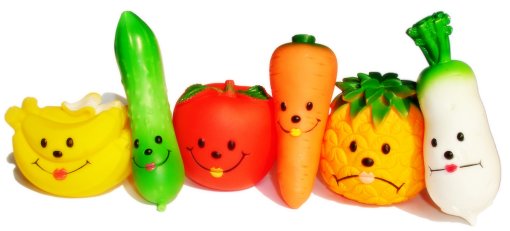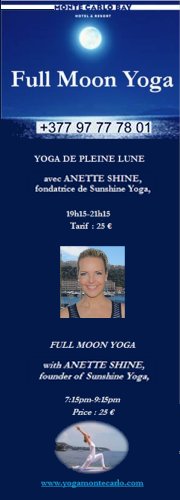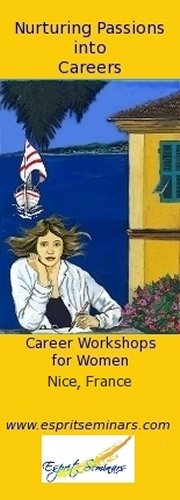Food and Recipes
You are what you eat - part 2

In part 1 I described the way our diet influenced and was influenced by our development as a species. Here I conclude the article.
Carnivores and omnivores
At the opposite end from Veganism, a purely carnivorous lifestyle is equally simple to understand, though for many people not easy to justify as it involves the killing of animals, usually for the benefit of people who have no direct contact with the process. As I noted in part 1 there are few of us who live on meat alone, or even who adopt a meat plus dairy lifestyle. For most of us this would be a very monotonous diet. There are some who abhor potatoes or anything green on their plate but they tend to be a very small minority. The majority of us are omnivores, eating meat not as a lifestyle statement but as directed by our taste buds. Many eat quite small amounts of meat, where the dishes cooked would work almost as well without that ingredient, and many of us include the meat because we know it represents the easiest way of getting all the essential nutrients. We also enjoy the contrasting textures that tend to be less-well provided by the vegetable world.
Vegetarianism
The term "vegetarian" is often at the centre of disagreements that border on religious wars. Some people become vegetarian after a lifetime of being uncritical omnivores, and adopt a missionary zeal to convert others, peppering conversation with references to "dead flesh". Conversely, some dedicated meat eaters view vegetarians as subversive lefties with a fetish for beards and sandals and little appetite (an interesting word) for the cut-and-thrust of modern life. Both are extreme positions but they help define the centre where most professing vegetarians can be found.

Vegetarians define themselves in many different ways, sometimes with little sense of irony or the damage they might be doing to the language. For example, "I'm a vegetarian but I eat chicken" would seem to many to be stretching the definition a little far. Fish occupies a peculiar position in the spectrum of food, seen by many as an appropriate adjunct to a vegetarian lifestyle. This is an interesting philosophical position in that most fish is not farmed but hunted, taking us back to the earliest stages of our development as a species.
The mainstream of vegetarianism takes a pragmatic view, that for everyone to eat meat is asking too much of a small planet, and that some parts of the process are unpleasant and degrading. It's a fact that the digestive emissions of cows are an increasing component of the greenhouse gases that are damaging our planet. It's also a fact that many farm animals are treated badly, and not just in the slaughterhouse. Vegetarians are usually at the forefront of ethical movements to improve farm practises and to gradually eliminate intensive farming.
The biggest ethical problems for vegetarians concern milk products and leather, both of which require animals to be killed. For leather it's obvious, but many people are surprisingly ignorant of how milk is obtained. To summarise briefly, in order to get a cow to produce milk it must have had a calf. The milk is there to feed the calf but if we want it in our supermarkets instead the calf has a poor future, usually ending up as veal after a few months of force-feeding. So by consuming milk and cheese we are actually supporting the veal industry. The ethical dilemma is severe enough to drive some people all the way to veganism, but for the rest there's a tacit acceptance that being a vegetarian doesn't mean a complete disassociation with animal products, just a desire to minimise their unnecessary consumption and to treat them better along the way. This is a highly pragmatic approach in a complex world. An interesting philosophical point can be made that without people to eat animals there would be far fewer animals. Indeed, given the little care we take to preserve variety, many species would probably be close to extinction, as has happened to unpopular plant varieties. Is "a short life and a happy one" better than no life at all? I seek not to answer this question, just to pose it.
Lactose intolerance
This unfortunate condition is in fact environmentally induced, by weaning a child in non-dairy consuming societies. It causes the metabolism to fail to produce the enzymes and bacteria the rest of us use to break down lactose, and is one reason many authorities deprecate a vegan lifestyle for very young children. Since so much of modern cooking is reliant on milk products it can be difficult for lactose-intolerant people to buy prepared meals, though surprisingly for the country that brought us the pizza, Italian restaurants are often able to handle this special need very well.
Peanut allergy
Along with other allergies this is caused by an overreaction of the immune system caused by dietary substances present in peanuts. Its effects can be severe, even fatal. Although the exact cause is unknown it is likely that as with lactose intolerance it may be due to insufficient early exposure to peanuts. As with milk products - if not to the same extent - peanuts are widely used in food preparation and sufferers are condemned to eternal vigilance at every meal.




